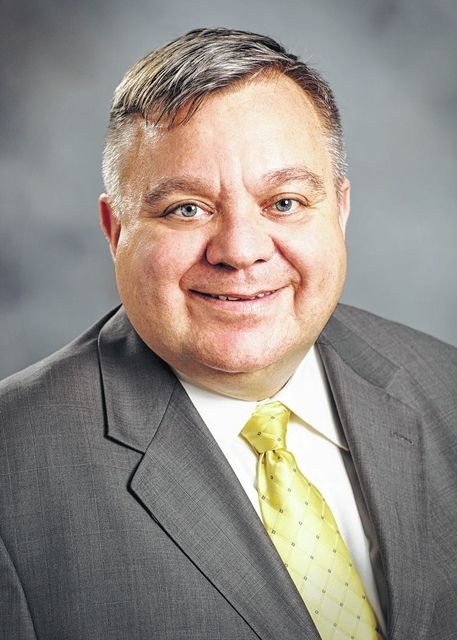Click here to subscribe today or Login.
To many of us, the term “research” signifies equal parts complex chemical or mathematical equations and space-age technology with the search for the unknown. It stretches the knowledge of scientists and scholars, alike, enabling them to understand nature, complex diseases, ancient history and some things you can only imagine.
In many instances, that person would be correct. Finding cures for our most deadly diseases, discovering a new chemical compound or better understanding the impact humankind has on nature are noble endeavors worthy of our world’s most talented minds at graduate research institutions. Years and generations may pass before the digging, searching and calculating yield the answers researchers have been yearning to discover.
The value of scientific and scholarly research for those involved and the beneficiaries of their discoveries cannot be overstated. There are also ancillary benefits for undergraduate collegians who are fortunate to attend institutions of higher education that invest in them and their thirst for knowledge.
Many years ago, I was an undergraduate engineering student who spent a summer conducting research with my faculty mentor, Dr. Ken Ishida. We were studying the use of “silane coupling agents on the glass to polymer interphase of composite materials.’’ The collaboration expanded my understanding of chemistry, statistics, analysis and the workings of composite materials.
That mentoring relationship also taught me about learning on my own and that research often presents more questions than it answers. When I became a collegiate professor, I assumed most students had the same opportunities. I was wrong. I was surprised that many higher education institutions did not take classroom learning and link it to scholarly and practical applications.
Fortunately, select colleges and universities increasingly are adding value to a degree by increasing support for undergraduate student research. At Misericordia University, our Summer Undergraduate Research Fellowship Program – cleverly nicknamed SURF – supports students who wish to learn more in directed work with a mentoring faculty member. Our students tell us how important high-impact learning through research is for them.
Student fellow Tristan Snyder of Bloomsburg, for example, says, “Undergraduate research is extremely important for students,’’ the pre-Doctor of Physical major says, matter-of-factly. “It provides us with a different set of skills that cannot be taught in the classroom. Having problem-solving skills, people skills and other skills are a major plus for future job opportunities.’’
Similar to my personal experience, the student researchers often leave with more questions and opportunities for growth. Speech-language pathology major Noah Schweiger of Barton, N.Y., who collaborated with Glen Tellis, Ph.D., professor and chair of the Department of SLP, believes undergraduate research is an important learning mechanism every student should experience.
“It has propelled me forward in my field by exposing me to information that I have yet to learn or may never learn in my classes,’’ he says.
The process of intellectual discovery and invention requires the ability to think about things in different ways and to recognize patterns and insights that previously had been hidden. SURF also expands on the breadth of a student’s exposure to the major field of study or to an interdisciplinary approach that spans two or more frames of analysis.
“Research involves development and utilization of a whole other skillset that is useful for so many different careers,’’ explains student fellow Andrea Nale of Gilbert, who explored the benefits of antioxidant compounds. “Research also allows students to explore topics that, due to time constraints, could not be covered in any undergraduate class.
“I believe my research in biophysics and biochemistry helped me secure a seat in medical school early in the process,’’ she adds.
Misericordia’s cross-disciplinary SURF program includes opportunities for every academic program in the university’s three colleges. Student historians have digitally preserved media about the City of Pittston, a chemistry and art project has examined special ceramic coatings, and health science majors measured social participation improvement in children diagnosed with Autism Spectrum Disorder.
I am looking forward to next summer, when SURF fellows share their accomplishments, and we learn more about how to learn outside the classroom.





